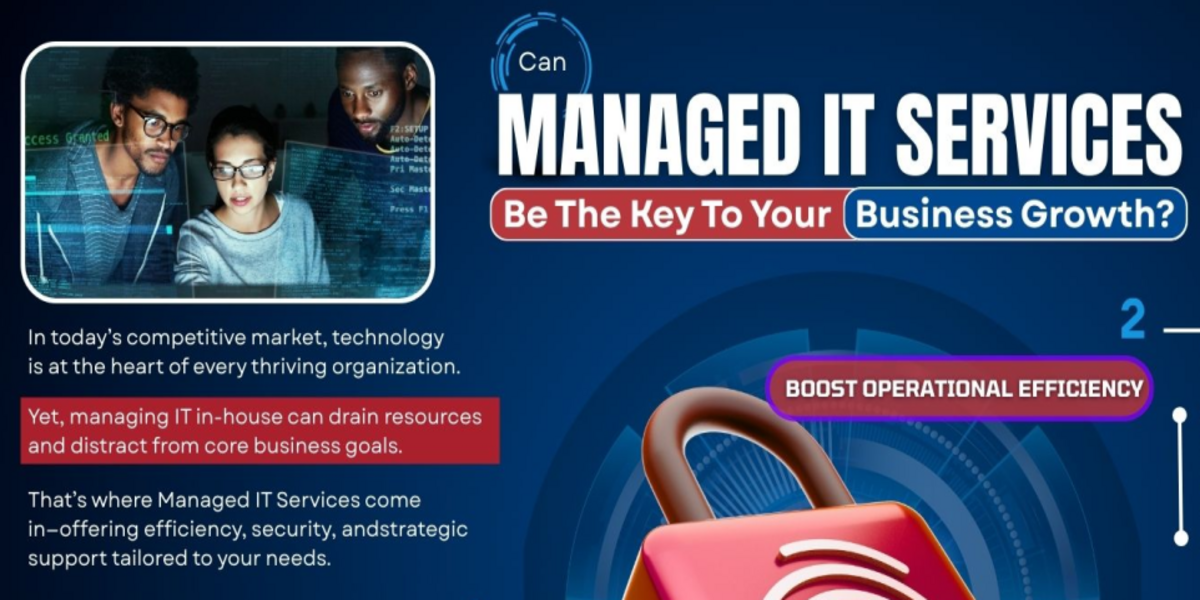A virtual private network (VPN) lets you access parts of the internet anonymously by establishing an encrypted tunnel. VPNs provide enhanced security without affecting convenience or speed. They are relatively easy to set up and are one of the most affordable cybersecurity solutions available today.
Many businesses have adopted remote work in a bid to provide flexibility to employees, save office space, and more. But remote work comes with its own set of challenges. Namely, employees may be putting corporate data at risk.
This is because accessing the internet over a public network may expose the business activist and devices to bad actors. For many enterprises, VPNs provide convenient solutions that allow them to share important information safely and securely.
In the last few years, VPNs have become an integral part of almost every business’s IT infrastructure.
How Does a VPN Work?
VPNs work by providing an encrypted connection for every device within your company’s network. This essentially means that no unauthorized person, including hackers or your ISP, can identify your data and location. Your employees get access to a private and secure connection to the internet, no matter where they are.
The primary difference between consumer-grade VPNs and business VPNs is the number of users and devices that have access to the network. In simpler terms, a business VPN lets multiple users within your company gain access to internet applications and data. All of the data that is exchanged over this connection is fully encrypted.
Why Should You Use a Business VPN?
If you’re a business owner with several remote employees in different parts of the world, then it may be a good idea to invest in a business VPN. Here are a few reasons why a business VPN may be important to you.
Enhanced Security
Many businesses have an ever-expanding digital attack interface with many vulnerable endpoints that can be exploited by threat actors. This is where a VPN can play a pivotal role. Even if some endpoints in your IT infrastructure are exposed and vulnerable, a VPN can encrypt connections to these endpoints.
In short, a VPN keeps all your sensitive data, including client information, safe from unauthorized attacks. Your employees may be plugging in sensitive data using cloud tools like Google Docs and Drive, and using a VPN connection can provide all stakeholders with an extra layer of security between multiple endpoints.
It is worth noting that not all VPNs are created the same. When shopping for VPNs, look for one that offers advanced security protocols such as malware blocking. For more information about the best VPNs for your business, talk to our experienced managed IT service providers here.
Encrypted Data
If you are transmitting sensitive data over the internet, for example, credit card information on e-commerce sites like Amazon, your data could be at risk. Although these apps utilize their own encryption, a business VPN can prevent unauthorized personnel from stealing your data.
This also applies to any business calls you may be conducting over the internet, such as Google Hangout and Zoom, where you may have potentially unwanted listeners. An encrypted connection using a VPN ensures that no third party can intercept your transmissions and record your conversations.
This may be extremely important for businesses that are operating in certain sectors, such as the hospitality industry and healthcare. For one, nothing is stopping your internet service provider from logging in and intercepting your traffic at any point in time.
This can become a problem when you are communicating confidential information about projects and clients. Corporate data may be extremely valuable to competitors and criminals and should be secured at all times. A VPN solves this problem by anonymizing all your data, making tracking and logging difficult.
Protection When Using Public Wi-Fi
The convenience of using public Wi-Fi hotspots comes at a price – they are not secure and often unencrypted. In fact, cybercriminals often use these networks to intercept data transmitted over Wi-Fi. Even if the connection is protected with a password, you may be visible to other users on the network.
A VPN can mask any data you may be exchanging over public Wi-Fi and makes it more secure with encryption.
Efficient Data Flows
It is common for businesses to experience data throttling once they exceed their connection speeds. Using a VPN can reduce the chances of data throttling. This is because your ISP cannot measure data in use by employees, allowing them to transfer high volumes of data without restrictions.
This is a useful feature for businesses that may need data-intensive processes, such as software development or image rendering.
Secure Connection for Remote Employees
Your remote employees will use their PCs, laptops, and mobile devices to connect to your network. That’s a lot of devices that could potentially pose several security risks. A VPN can solve this problem by creating a secure connection between your network and any remote devices.
The freedom to connect to your network from anywhere in the world would allow your employees to be as productive as possible. They can upload and download important files from the comfort of their homes, on public transport, or in restaurants. And they can provide crucial updates to you without worrying about security concerns.
You can add new devices to the VPN in seconds. Once you add a new user or device, the VPN will start providing protection to your network assets right away. Depending on the VPN’s features, your workers may be able to add as many devices as they want to the network.
VPNs Can Work With Legacy Systems
VPNs can also work with businesses that may not be ready to upgrade their IT infrastructure. The VPN provides an additional layer of encryption over existing legacy applications without the need to change your workflows or configuration. In other words, a VPN may be a convenient way of delaying an expensive upgrade until you are ready to do so.
Wrapping Up
So there you have it, a quick look at why VPNs are becoming increasingly prevalent in securing enterprise networks. They are cost-effective, easily scalable, and convenient to use. But it may be challenging to choose the right VPN for your business. If you’re not sure which VPN to choose, our managed IT service providers can help you find the right one based on your specific needs.



